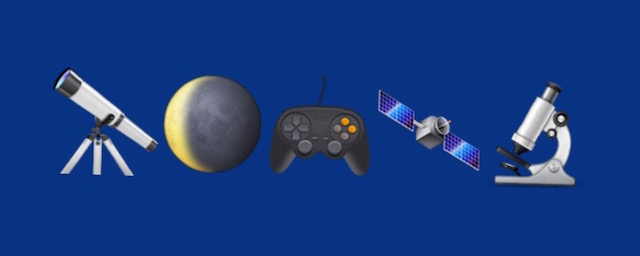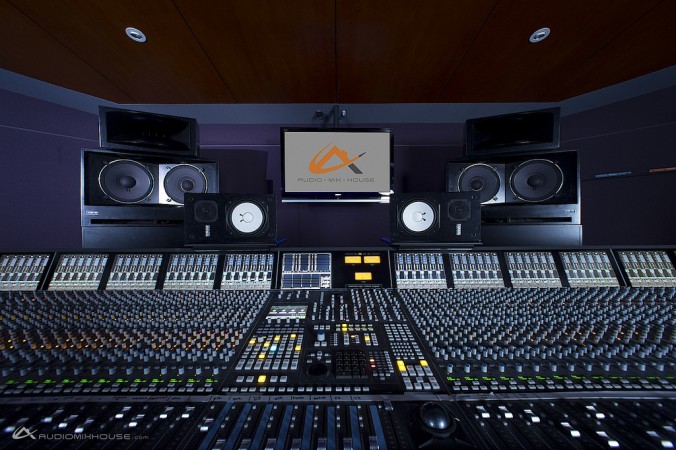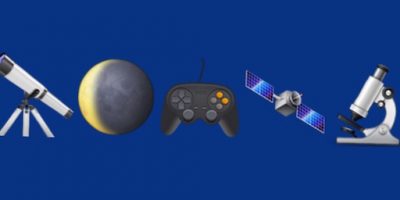
This week, we’re looking at just a few of the fascinating careers that can be launched through choosing to study STEM subjects (science, technology, engineering and maths). A gaping hole in the UK job market means that there is a huge demand for young professionals going in to these industries and this demand is set to increase over the next few years. Here are a few of the coolest roles out there…
Job: Sound engineer
Description: Works with complex equipment to record, manipulate, mix and reproduce sounds. Sound engineers use creative technologies to produce sound for television, radio, studio recording, film, live performances, computer games and electronic products.
An understanding of physics and maths helps. You may have to manage sound in various spaces such as theatres, pubs, churches or stadiums and will benefit from experience across a variety of locations.
It is a noisy job so using ear monitors is of the hugely importance. One to three years studying sound engineering in college or university will give a solid academic grounding, but many sound engineers say that you will be learning for the rest of your life – there’s never a dull day and always a problem to solve.

Job: Acoustic engineer
Description: Works with architects to design new buildings which have specific requirements for sound. Spaces such as concert halls and music schools must be specially designed so that the sounds (whether from an instrument, speakers or a voice) resonate in the best way possible.
If there is a busy road or venue nearby acoustic engineers work out the best way to block any intrusive noise and ensure sounds are not too quiet but not too echoey. Some building such as schools require good sound for a number of activities such as assemblies, plays and performances so acoustic engineers must problem solve a feasible design solution.
The acoustics of a room depend on the size, shape and materials it is made from. Soft surfaces like curtain and carpet absorb sound whereas hard surfaces like brick and concrete cause echoes as they reverberate sound. Acoustic engineers use computer technology to calculate and simulate how sound will flow in a space. An in-depth understanding of sound waves is essential so a degree in physics is useful.
Job: Astronaut
Description: Space exploration is seen as the ultimate achievement of engineering technology. As a young person today you have the option to study towards a career in outer space, where you’ll represent not just your country but the whole of mankind and be at the forefront of discovery.

ASA look for a degree in engineering, biology, physics, or maths and an advanced degree is desirable but not essential. Related useful courses include astronomy and earth and planetary sciences. You will need around 1,000 hours experience as a pilot in command and a physical fitness level which reaches military standards. Easy, eh?!
Some experiments performed on earth can be redone in space to educate us about the fundamental workings of the universe. Space experiments are done to better understand design and treatments to care for life on earth.
The international space station brings together the unique cultural perspectives of astronauts from all over the world with one common mission – to expand our knowledge of the solar system.
Job: Test and validation engineer, sportswear brand
Description: Sport brings people together and helps them live healthier lives. The sports industry is thriving so there has never been a better time to follow a career in the sector.
Test and validation engineers record sports activity information and interpret it to enhance product development for brand new technology that’s used in clothing and footwear. They create and carry out plans to test new products such as sports watches and fitness apps. They then analyse data and draw conclusions to develop feedback and design a better product.
As a test and validation engineer you will develop technology to help normal people and athletes reach their full potential. This is done by providing them with the modern electronics to safely monitor their progress so they can understand their capabilities.
The role involves lots of testing which can be mechanical, subject based or using algorithms. Physics and maths are useful learning foundations as well as sports engineering which will cover biomechanics – the study of the structure and function of biological systems as seen through mechanical methods.
If any of these jobs take your fancy, head on over to the Tomorrow’s Engineers website where you’ll find loads of information and case studies of the diverse jobs found through STEM subjects
Next we’ll be taking a look at electronics, energy and construction.

